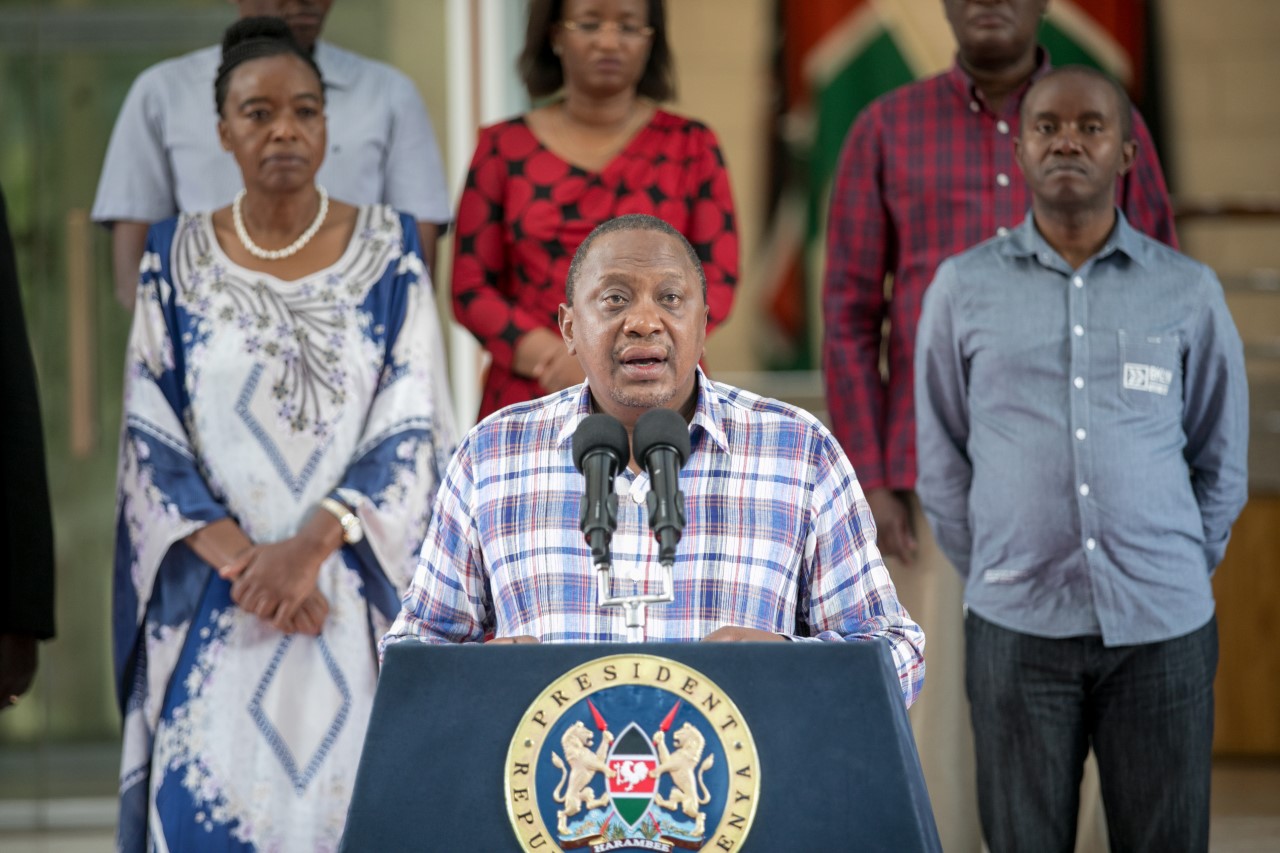NAIROBI, Kenya, Mar 17 – Since the outbreak of coronavirus – COVID 19 – on December 31 2019 in China, governments around the globe have battled to combat the deadly virus that has left more than 7,000 people dead and left economies in disarray.
The deadly virus has led to the disruption of the global supply chain, which is likely to cause input shortages causing most manufacturing plants and retailers to suspend operations.
The demand for oil has also slowed down since the outbreak of the virus with major manufacturing hubs such as China and the US either shutting down or slowing down causing the oil prices to plummet down.
In Kenya, the spread of the virus has also disrupted the supply chain.
According to Cytonn Investment, imports from China account for approximately 21 percent of Kenya’s total imports and with the current lockdown, activities within the manufacturing sector are likely to be disrupted.
The low supply of imports from China as well as South Korea especially in terms of electronics could see prices rise to exorbitant levels.
Local supermarkets have already indicated that the prices of electronics, clothes, and furniture many of which are imported from China are likely to rise with media reports indicating that ships from China are yet to dock at the Mombasa port.
According to a report done by the Kenya Private Sector Alliance (KEPSA), 61 percent of businesses surveyed reported that the Coronavirus has had a direct negative impact on their businesses.
Most businesses expect to be disrupted in several ways, among them stock-outs and delayed deliveries due to the lockdown, reduced demand for export products and difficulty in obtaining credit from financial institutions as well as reduced ability to meet their loan interest payments.
Government Action
Governments worldwide have instituted measures to combat the effects of the pandemic as well as support businesses. The US for instance passed the Families First Coronavirus Response Act on a USD 8.3 bn emergency coronavirus budget which guarantees free coronavirus testing, paid emergency leave, improvement of Unemployment Insurance, strengthens food security initiatives, and increases federal medical funding to states.
In the UK, the Chancellor set aside USD 39.0bn to boost the economy through the Coronavirus pandemic. The government also suspended business rates for small firms, offered discounts for larger firms and extended sick pay.
In China, the government introduced tax relief for people and businesses in the transport, tourism, and hospitality sectors to increase consumer spending and boost the economy.
It also allowed VAT reduction from 3 percent to 1 percent for small businesses until May 2020.
What can the Kenyan government do to support Kenyans?
Here are six things recommended by economic experts at Cytonn Investments;
a) Grant tax breaks to companies seeking to increase their capacity to produce import substitute goods, which could even mean zero-rating VAT for the next 3-months.
b) Release VAT refunds to assist businesses with managing their cash flow.
c) Encourage banks to give concessionary loans at low rates to facilitate businesses, and as well provide moratoriums on loans that are due.
d) Announce and provide for a Business Stabilization Fund to cushion the impact of the coronavirus, especially for Small & Medium Enterprises (SME’s).
e) Consider reducing corporate tax for industries that have been highly affected by the virus such as the aviation industry, or waiving corporate tax for a 3-month period as well as a reduction in payroll tax for the next 3 months for the low-income bracket workers.
f) Strengthen the local supply chain for traders to be able to access import substitute goods.



































